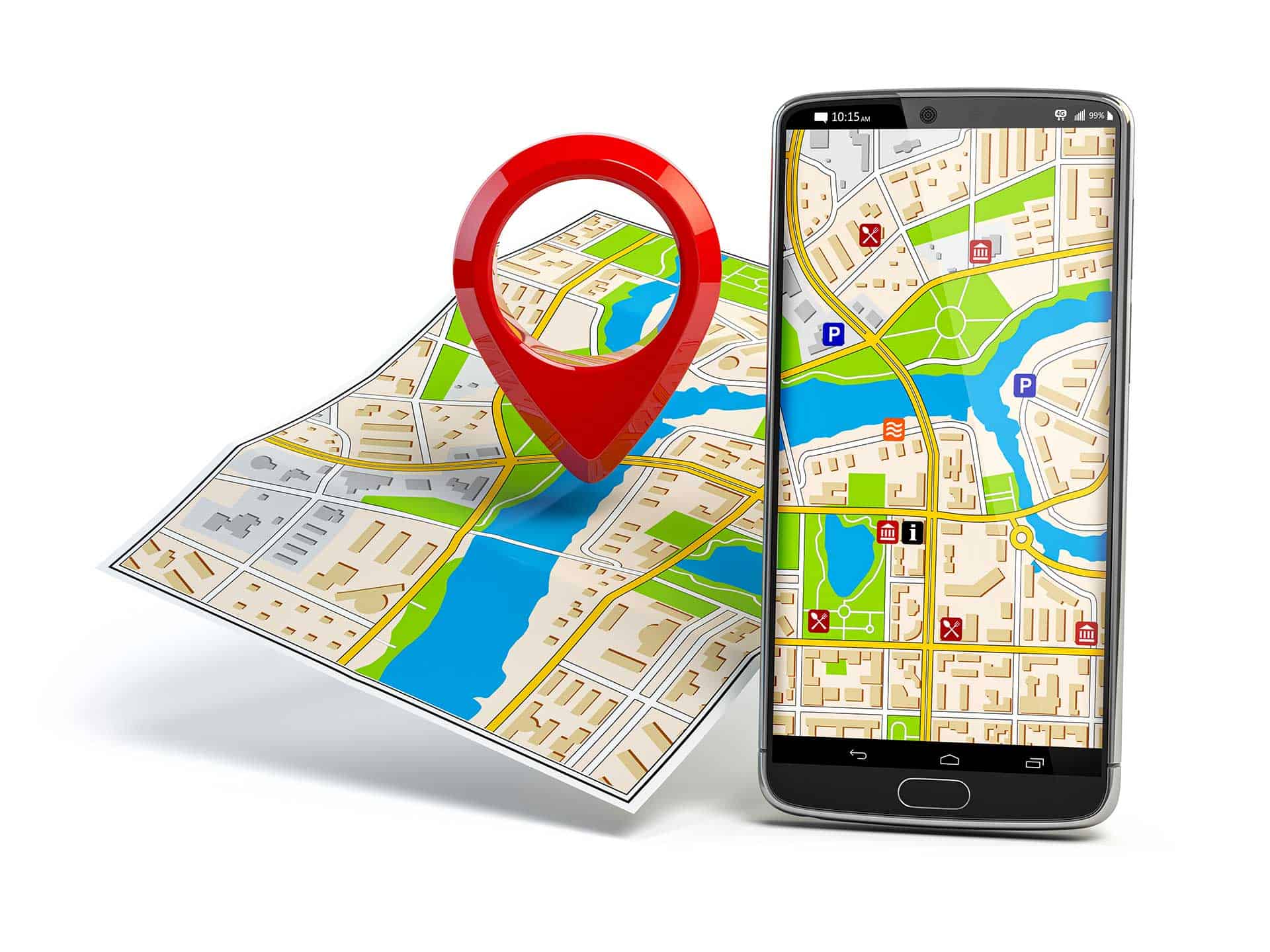Choosing the right name for your business is arguably one of the most important steps. After all, it forms an integral part of your brand image and can have a big impact on whether your business makes it or not. On top of this it also needs to be catchy and memorable. Choosing the right business name is no easy feat!
This article looks at some top tips on how to choose a good name for your business. While there’s no right or wrong name for a business, it’s helpful to try a few out to see which is the most fitting for your image.
Important things to remember
Before jumping into the tips, it’s worth remembering a few important legal points first. Along with having a firm idea of what your business will offer, it helps to know whether you’re setting up as a company or a sole trader/partnership. More than anything this can affect whether you need to register your business name or not.
Similarly, it’s helpful to know whether your chosen name is currently registered to a business. While it’s technically true that only trademarked business names can’t be used multiple times, there are obvious disadvantages to using the same business name as someone else, particularly if you’re operating in the same industry or on the same local/national field.
How to choose a name for your business
Other than being memorable, a business name should ideally give customers a clue as to what your business offers. While this isn’t always the case, it definitely makes a difference in most industries. So, along with being memorable, here are some top tips for choosing a good business name:
1. Spend plenty of time planning
Planning can’t be underestimated when it comes to a business name, as it’ll be with you for quite a while. Start by thinking of words related to the industry you’re working in; these could be descriptors of your product, related concepts to your service, or emotive words that you expect customers to feel when they use your business. These might not make it into the final name, but are a good place to start.
Similarly, crack out a dictionary and thesaurus for added help. It’s also worth looking up translations of your favorite words, whether this is in ancient Greek and Latin, or in modern foreign languages. The planning process takes a long time, but you’ll know when you’ve found the right name.
2. Keep it short and fairly simple
Avoid long and over-complicated business names. Alternative spellings can be fun, but try to avoid if it’ll prevent customers from finding you (remember, this will likely also become your web address). Your name needs to be something that people can spell with relative ease if they haven’t seen it written down before.
3. Don’t copy
It almost goes without saying, but don’t copy your competitors. This also covers choosing similar names (such as Pear for a computer company). In some situations this might be funny, but it also shows you’re not very original and are trying to build an image of the back of another’s brand identity. Similarly, it can create confusion that leads to lost business.
4. Be conscious of geographic locations
Including your geographic location in your business name might seem like a good idea, but should be approached with caution. If you only plan to work in your city or state, then it should be fine, but could become an issue if you expand onto a national (or international) level. Not everyone has business dreams of this height, but consider your eventual business trajectory when thinking of including your location.
5. Avoid anything too obscure
This is a bit of an ambiguous point, and follows up from point 2. While you want your business name to be memorable, try to avoid words that are obscure in some way. This could include archaic spelling or words that will be difficult to pronounce if read. Some companies have thrived off their obscure names, but this requires a bigger marketing budget than most start-ups can justify.
6. Can it be trademarked?
As stated earlier, any business name not trademarked can be used by anyone else. If you’ve come up with a good name and want to build a solid brand image, consider trademarking it. This is generally only applicable to companies working in commerce, and while it might not be applicable in the very early stages of your business, it’s worth thinking of a unique name that can be trademarked at a later point.
7. Get yourself a domain
On the back of this, make sure you can buy a related web domain. Internet presence is invaluable, and so a related, easy to remember domain name can make a massive difference. After narrowing down your list of business names, check them online to see if they’re free. This should be a big deciding factor in choosing the best one, as you don’t want to pick a memorable business name and then be stuck with a completely unrelated web domain.
8. Make sure your name considers future growth
Similarly to including places in a business name, make sure your name will still work if/when you expand your business. For example, if you’re going to bake cakes but might want to expand into other areas of catering, consider this. Broader names can make it easier to scale your business in the future.
9. Don’t be too plain
While it might seem helpful to include your business area in your name (XY Designers, for example), this can often be very limiting in terms of image. Sure, it would state exactly what you do, but it’s not exactly the most memorable thing in the world.
Some final points
Choosing the best name for your business isn’t an easy task, but it can be pretty enjoyable. After all, you’re attempting to distill your brand image into a couple of words that create impact. Getting feedback from friends, family, and customers is always helpful too, but always make sure you have the final say!





